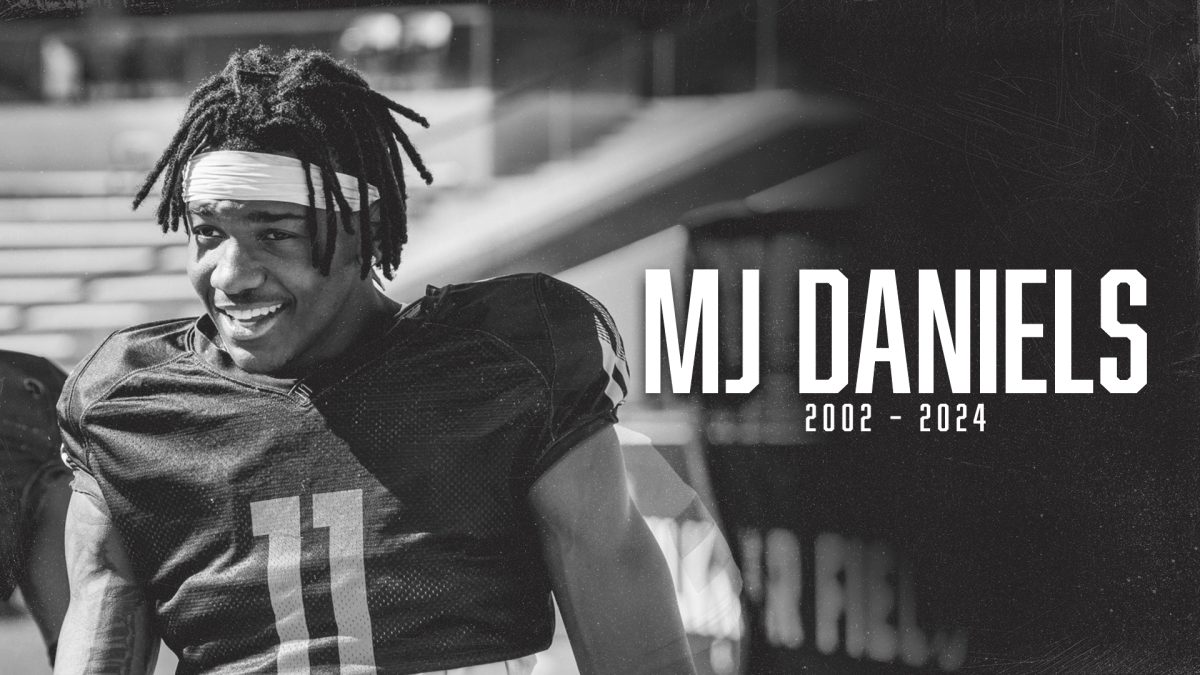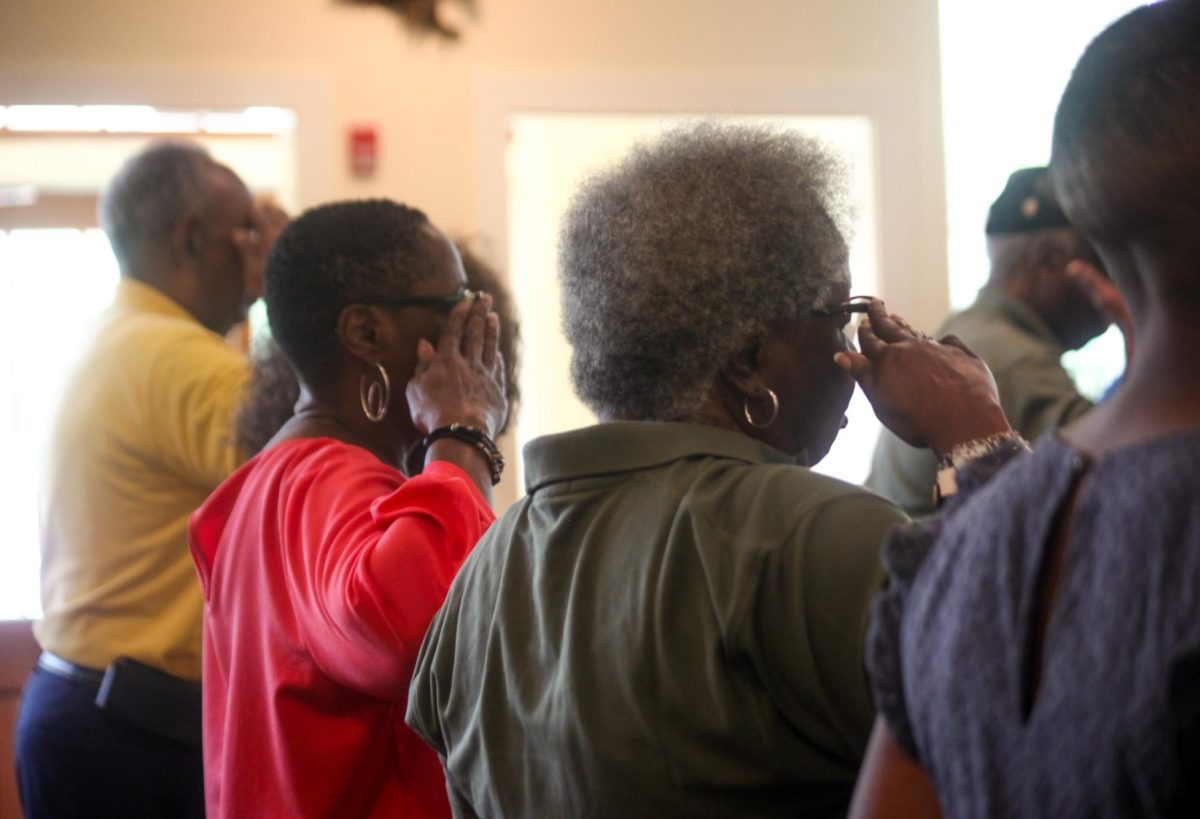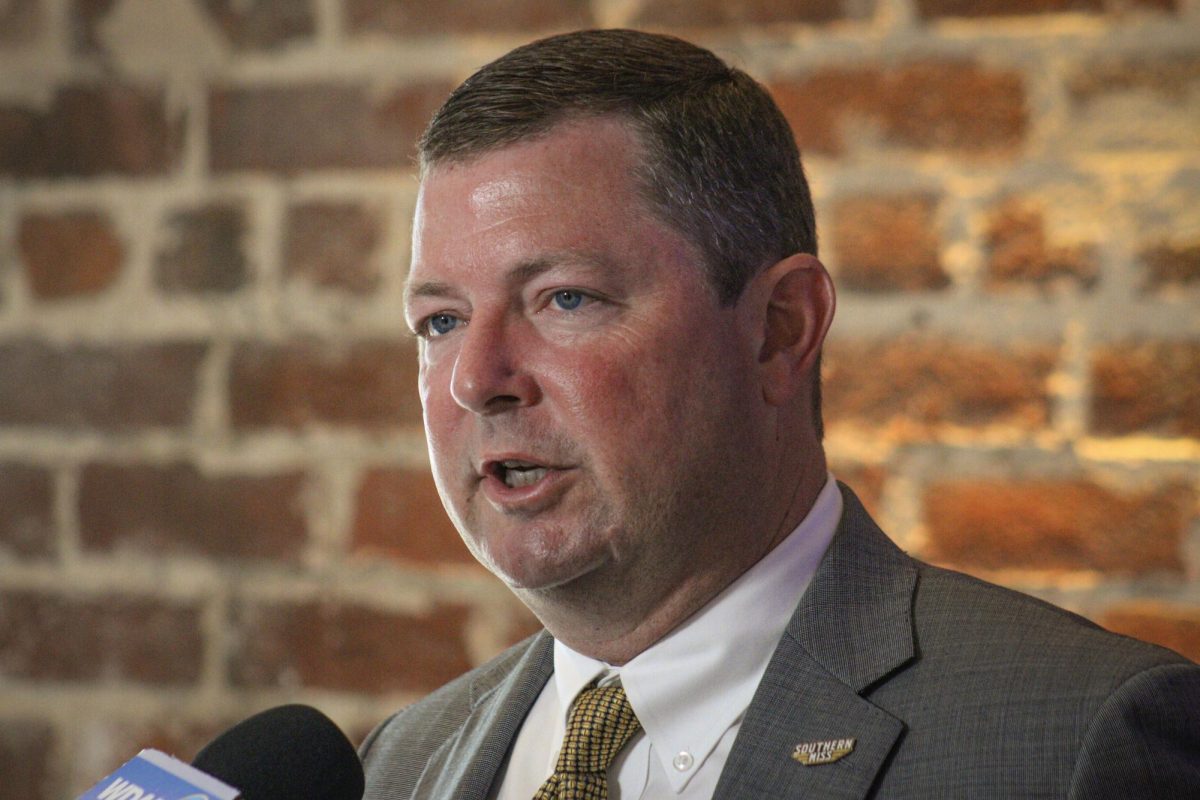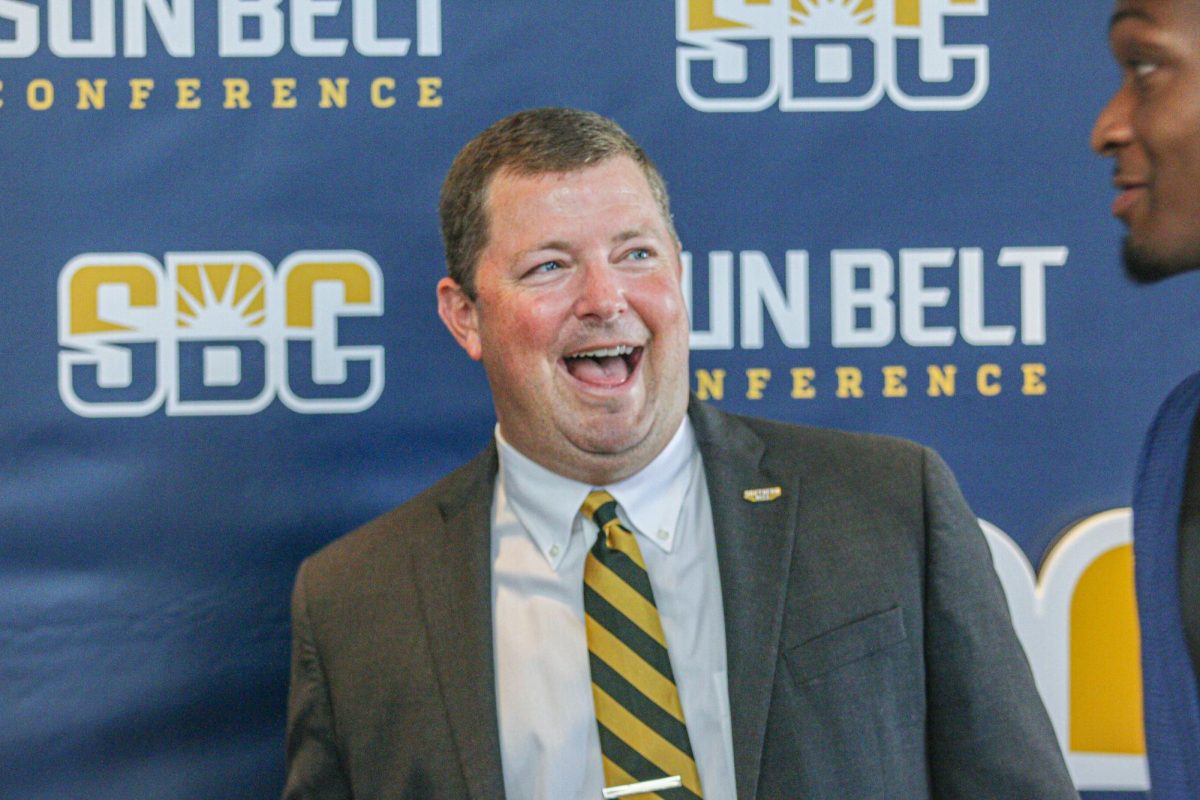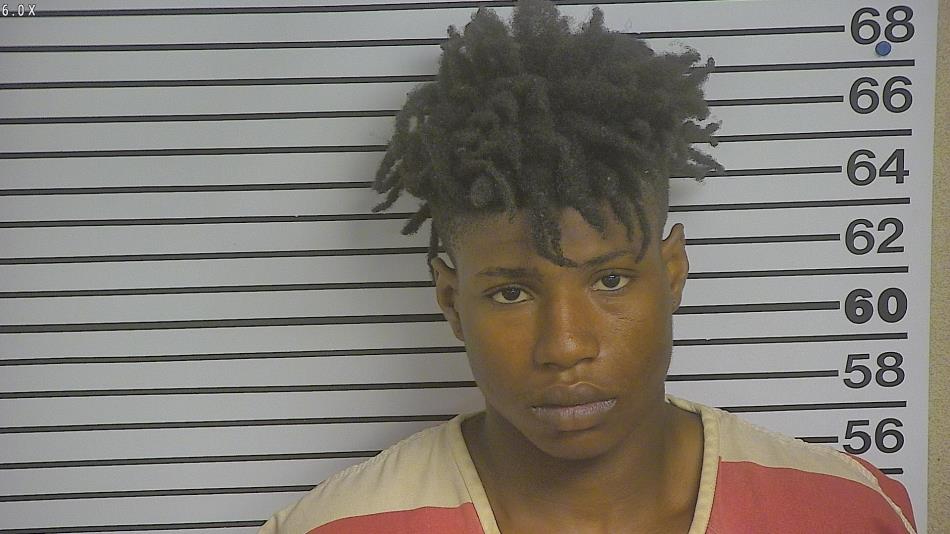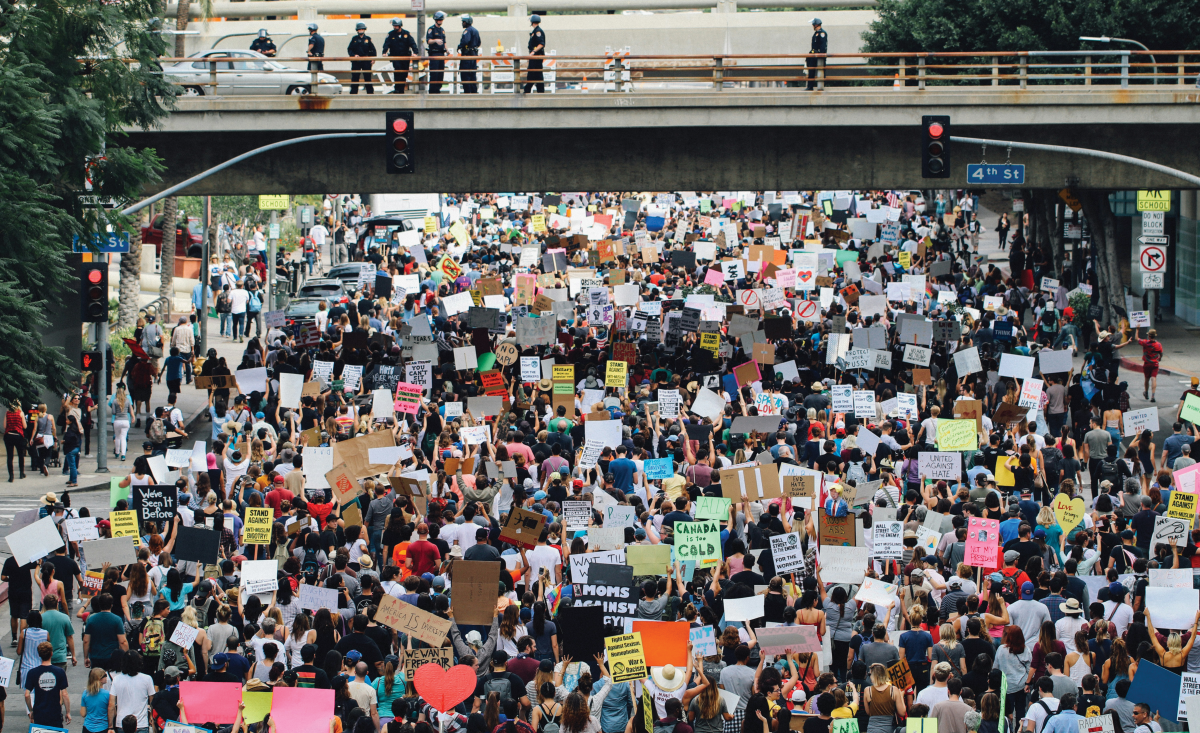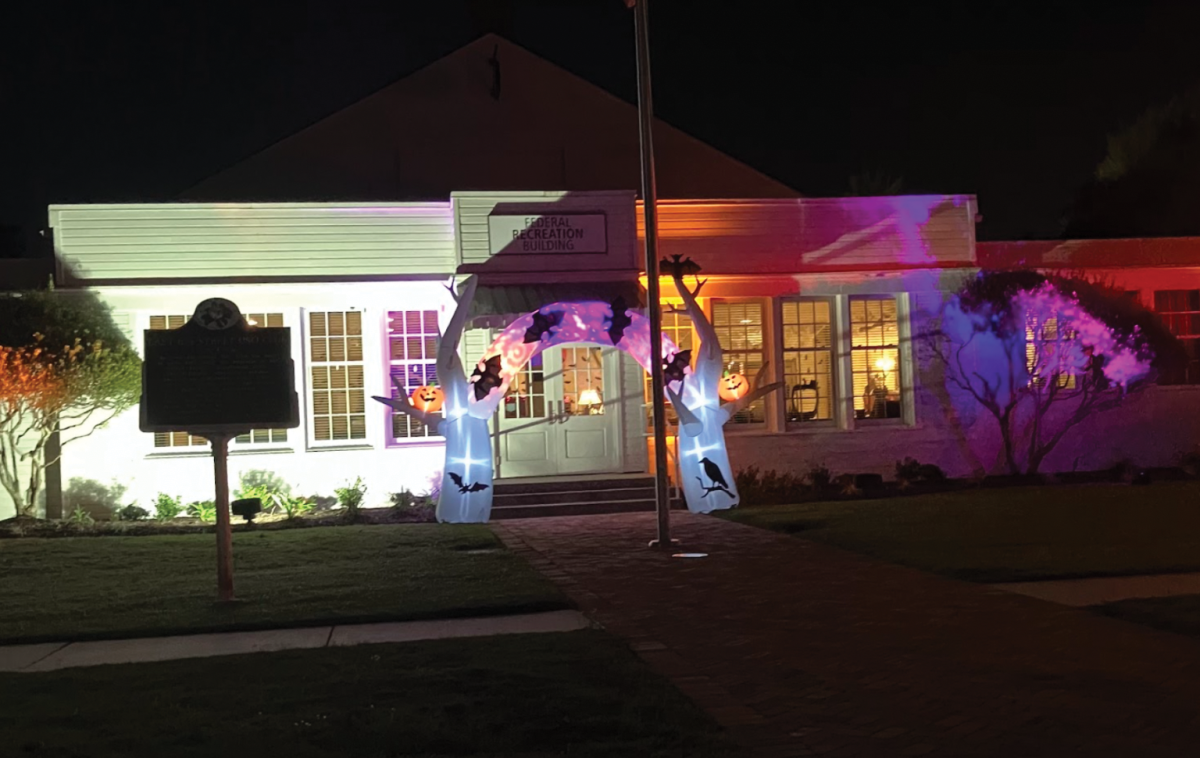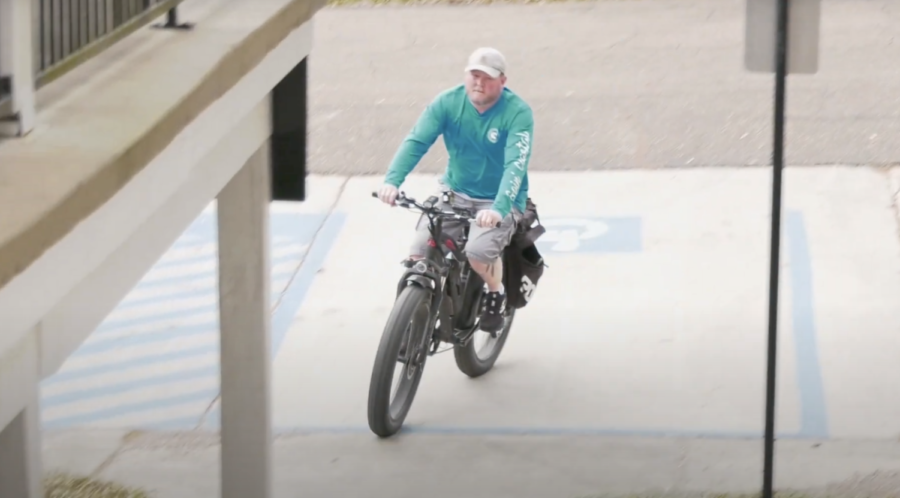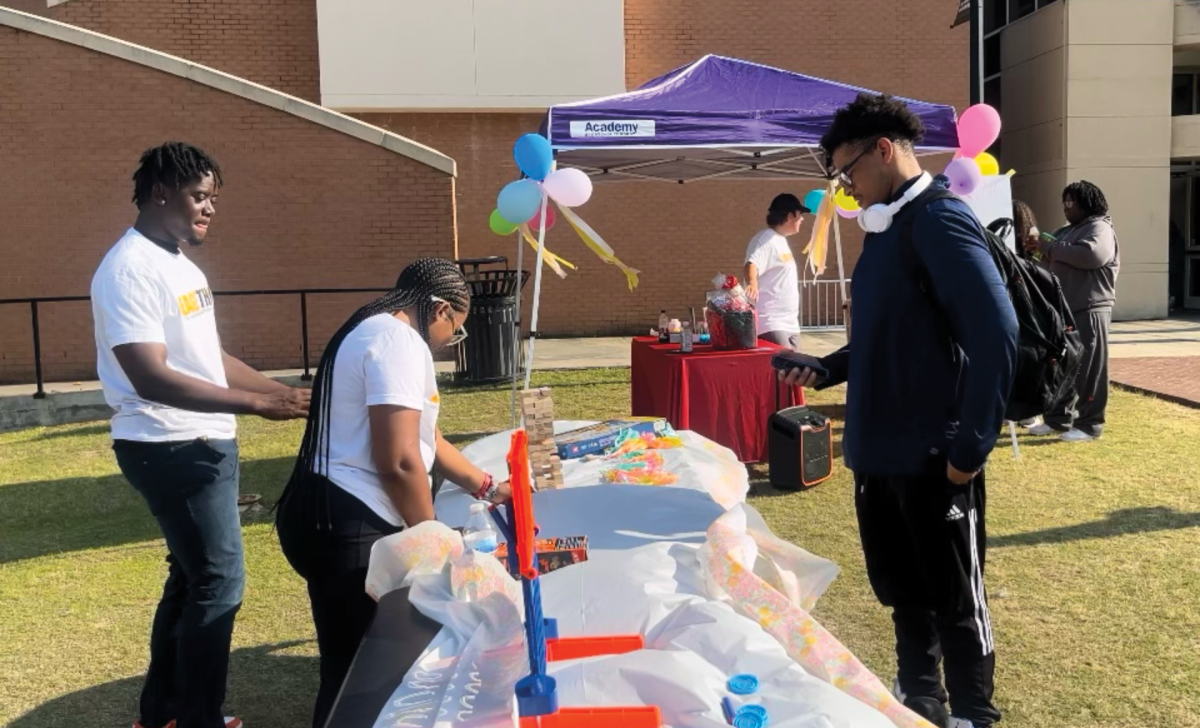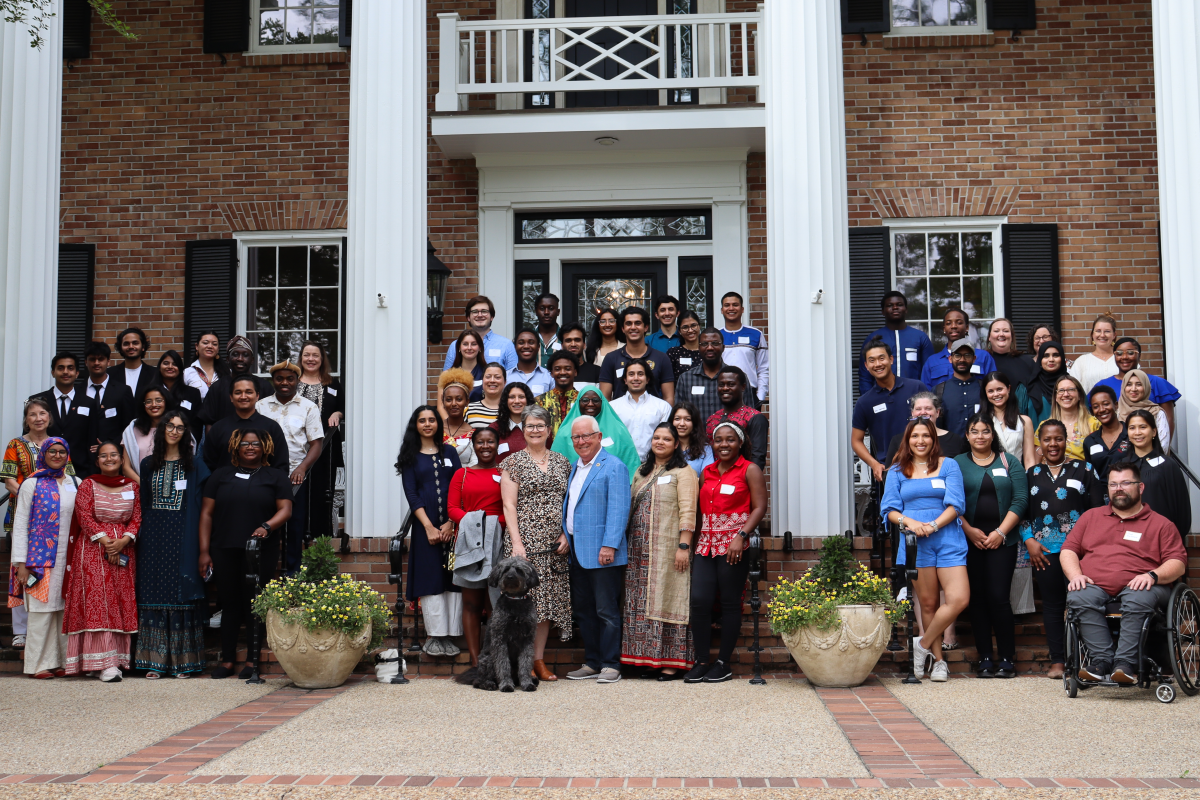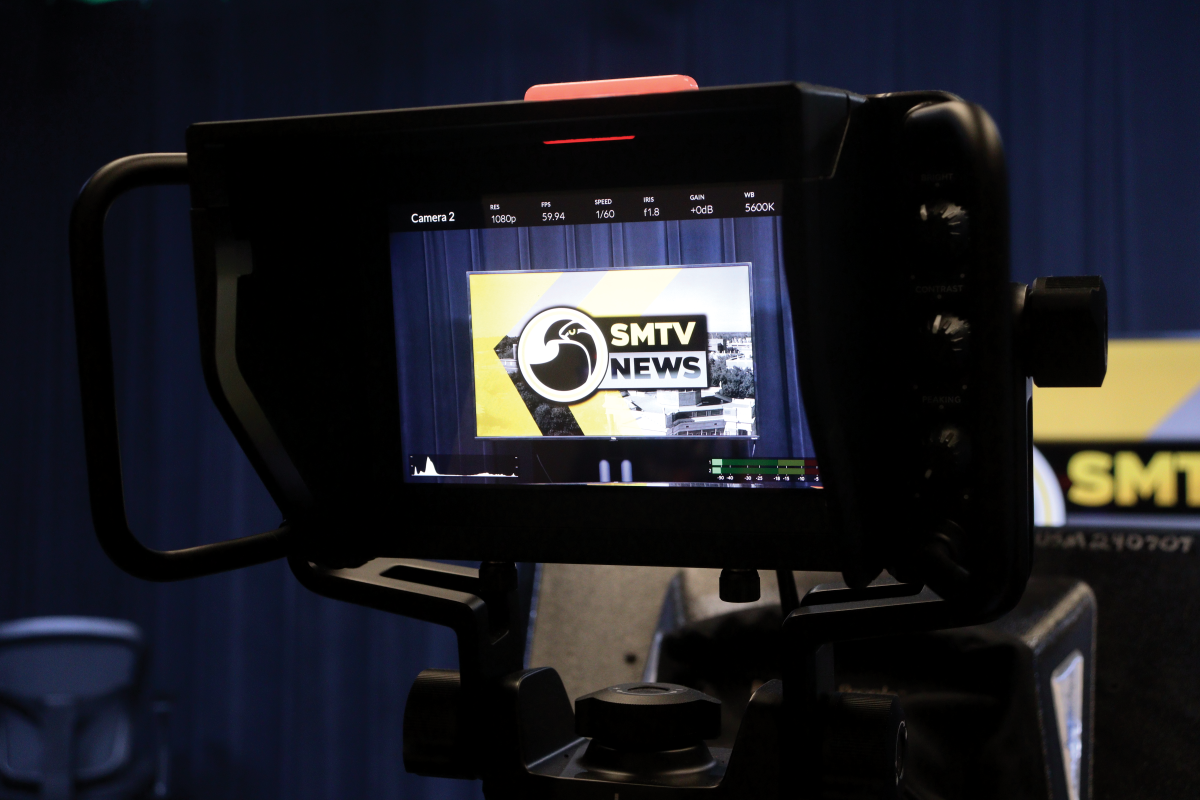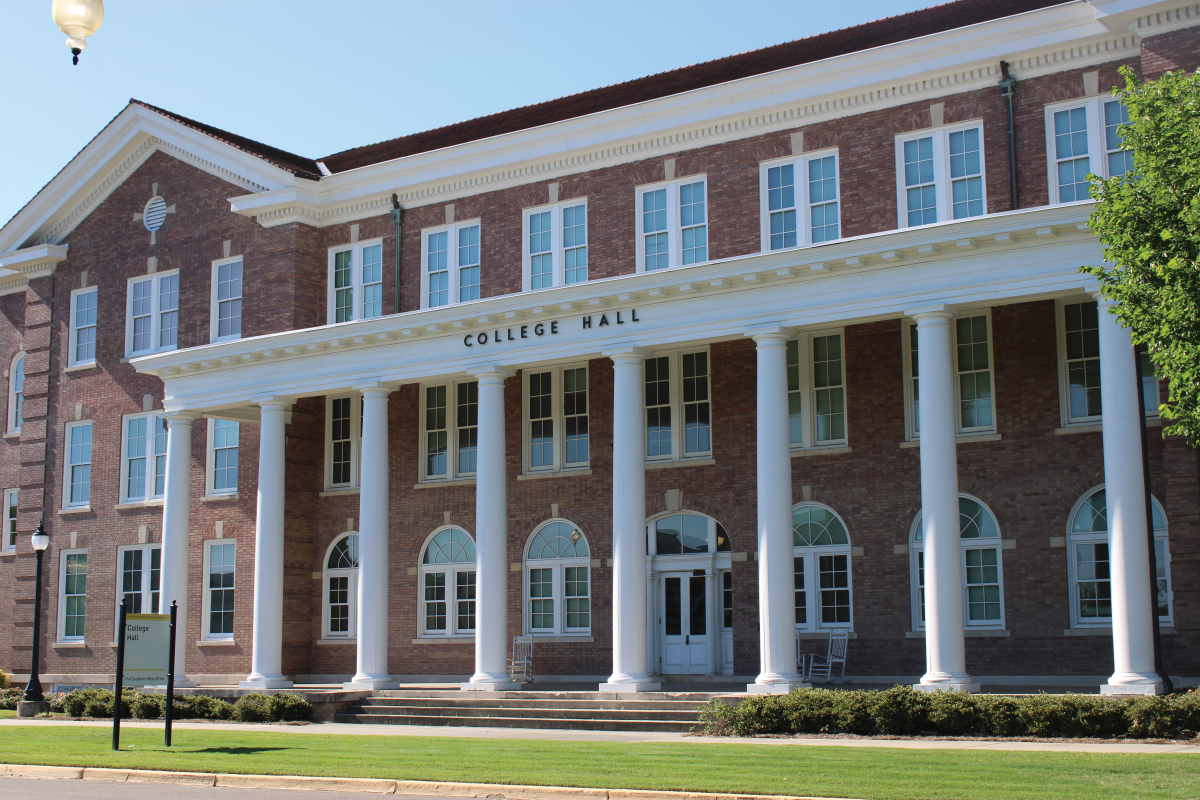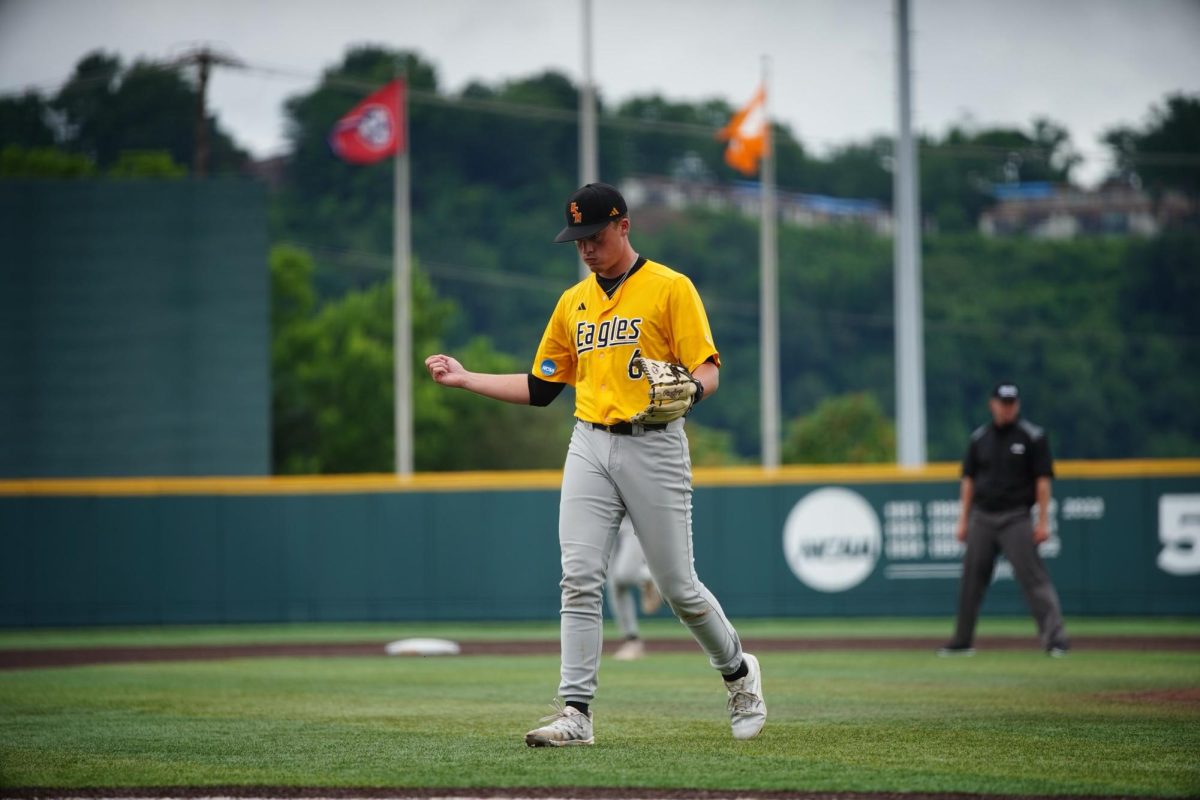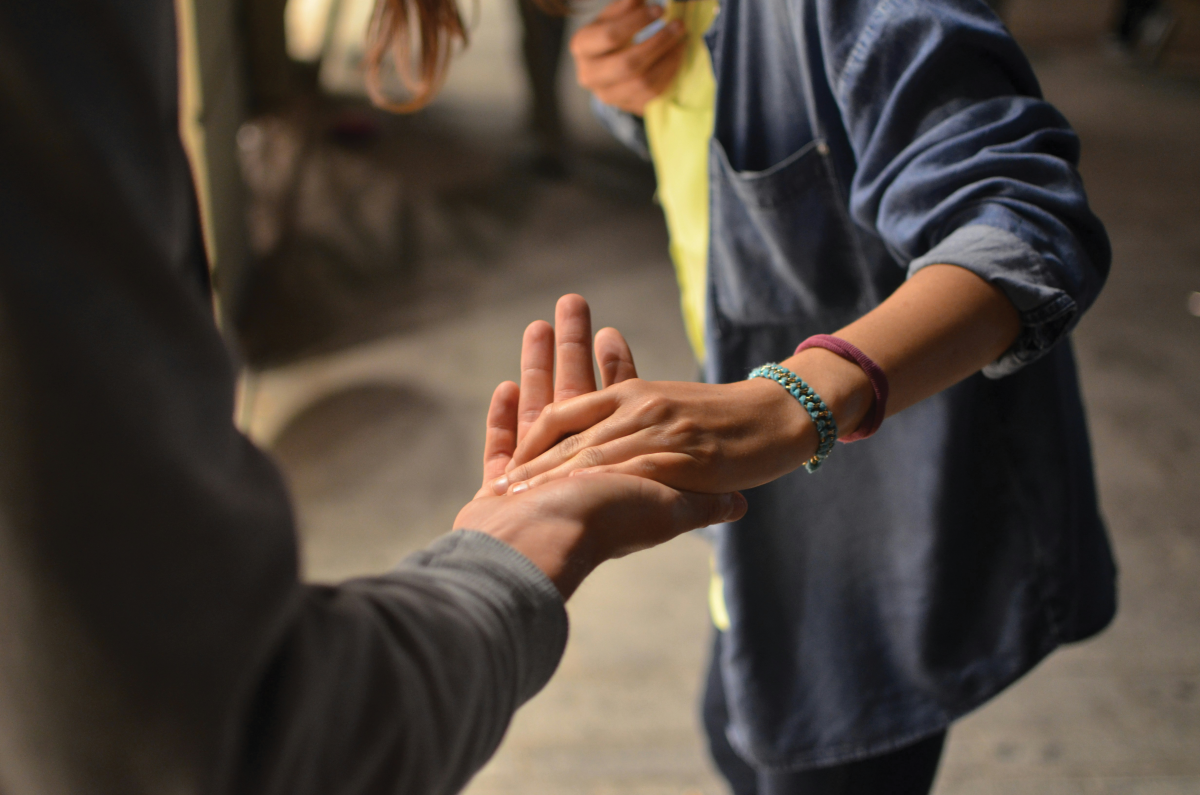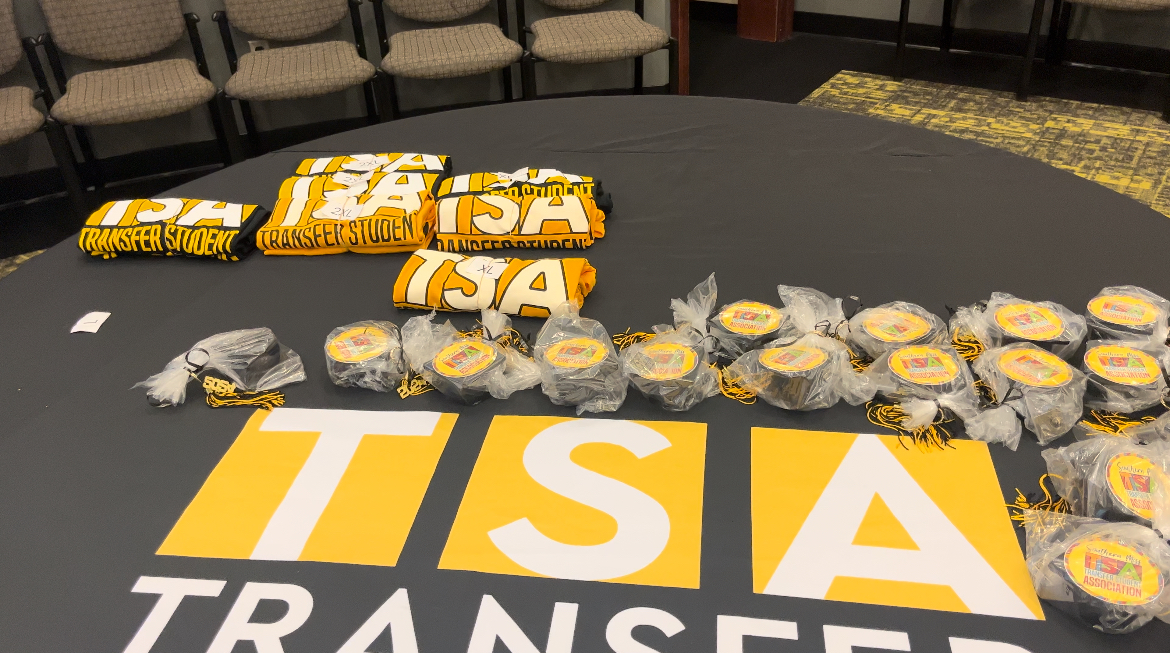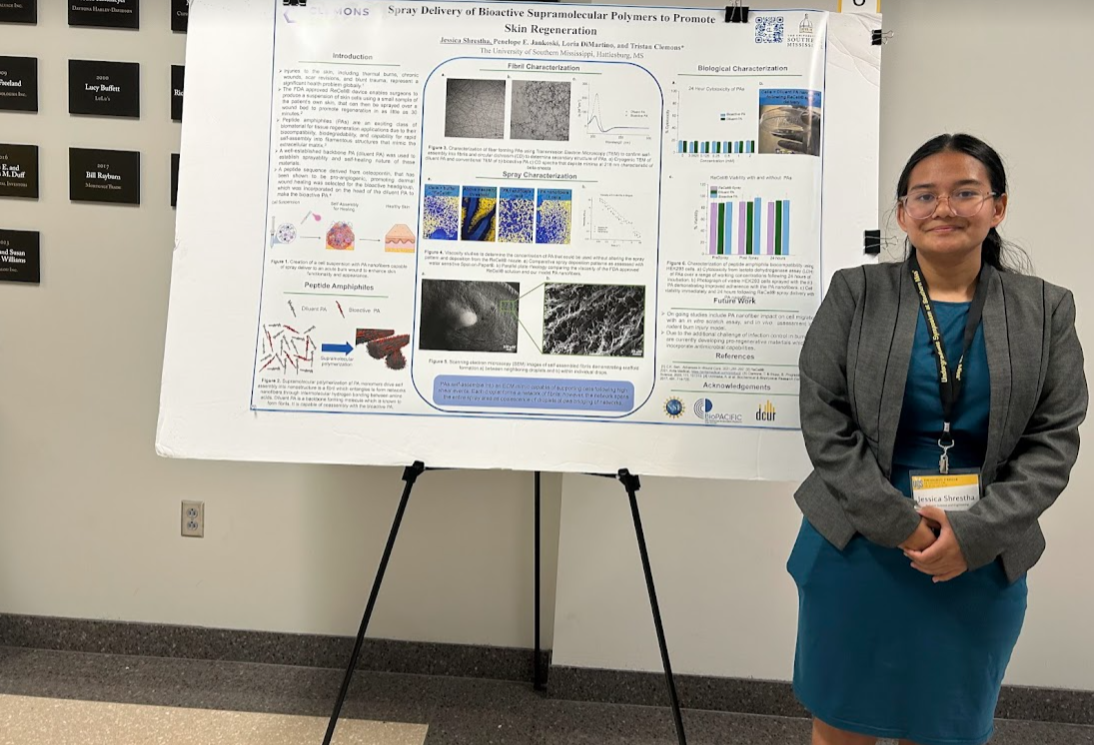Right to protest in Mississippi is in jeopardy
Use this photo: https://unsplash.com/photos/a-large-group-of-people-holding-up-signs-Evo4wmtRaPI
The Supreme Court declined to hear an appeal to a lawsuit involving a Black Lives Matter activist, maintaining limits on the right to protest in three states.
In a statement explaining the court’s decision, Justice Sonya Sotomayer emphasized that this did not mean the Court was for or against either party in the case. Instead, it meant that the lower courts needed to work out the case’s details further.
The door is still open for the Supreme Court to take up the case in the future. For now, the 5th Circuit’s ruling stands, meaning that people who organize protests in Mississippi, Louisiana, and Texas risk being held liable if someone at those protests commits a crime.
The Mkesson v Doe case began with a 2016 protest outside of a police station in Baton Rouge, Louisiana. Social justice activist DeRay Mkesson, who works with the Black Lives Matter organization, helped organize the protest.
One attendee, who has not been identified, struck a police officer with either a rock or a piece of concrete. The officer, who is anonymous, suffered serious injuries to his head and face.
The officer sued Mkesson, arguing that Mkesson organized the protest in a way that enabled violence. The lawsuit got appealed up to the 5th Circuit Court of Appeals, which ruled that it could go forward.
Mkesson appealed to the Supreme Court, who decided not to hear his appeal.
William Newman is a legal professor at the University of Southern Mississippi and worked as an attorney specializing in First Amendment law and intellectual property law. He felt that it was “premature” to say that the Supreme Court had eliminated the right to protest entirely. However, he expressed his opinion that the court should resolve the issue quickly.
“…One of the bedrocks of our democracy has always been the right of free speech,” he said, “and the most dramatic demonstration of free speech is…the right of people like you and me to go in front of the administration building here at Southern Miss’ campus and protest something that’s going on here at USM. So anything that might have a chilling or stifling effect on people’s willingness to question the government, protest government action, that needs to be remedied quickly. We don’t need this issue left unresolved any longer than necessary.”
There is a legal precedent in Mkesson’s favor. In NAACP v Claiborne Hardware Co (1982) that protest organizers cannot be held liable if their nonviolent protest results in someone else committing a crime.
The American Civil Liberties Union represented Mkesson in this case. Their national office released a statement confirming they would take the case to trial court.
“The ACLU emphasizes that the Court’s decision to deny discretionary review in this case does not amount to a holding that the Fifth Circuit’s rule is correct, even in the Fifth Circuit,” they affirmed, adding “…that it will fight to ensure…that the Fifth Circuit’s clearly erroneous decision does not govern anywhere.”


